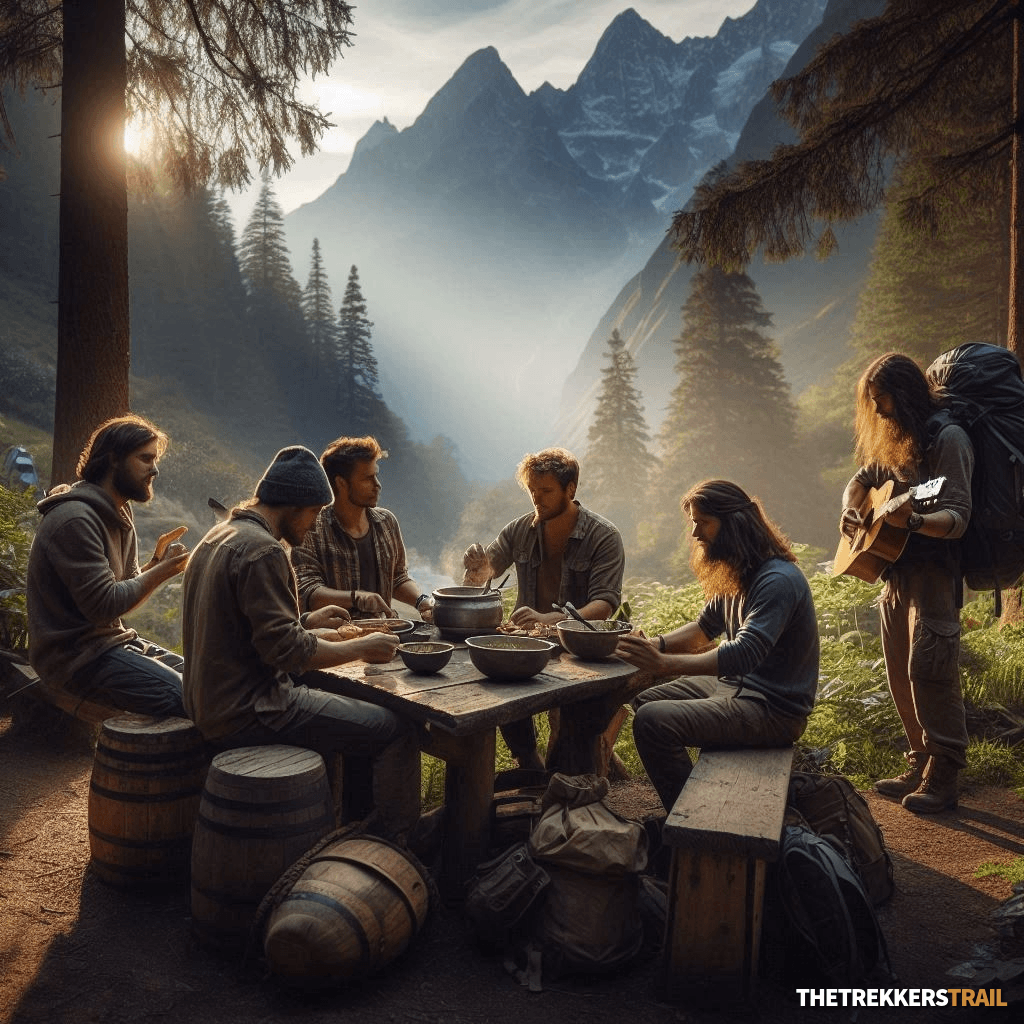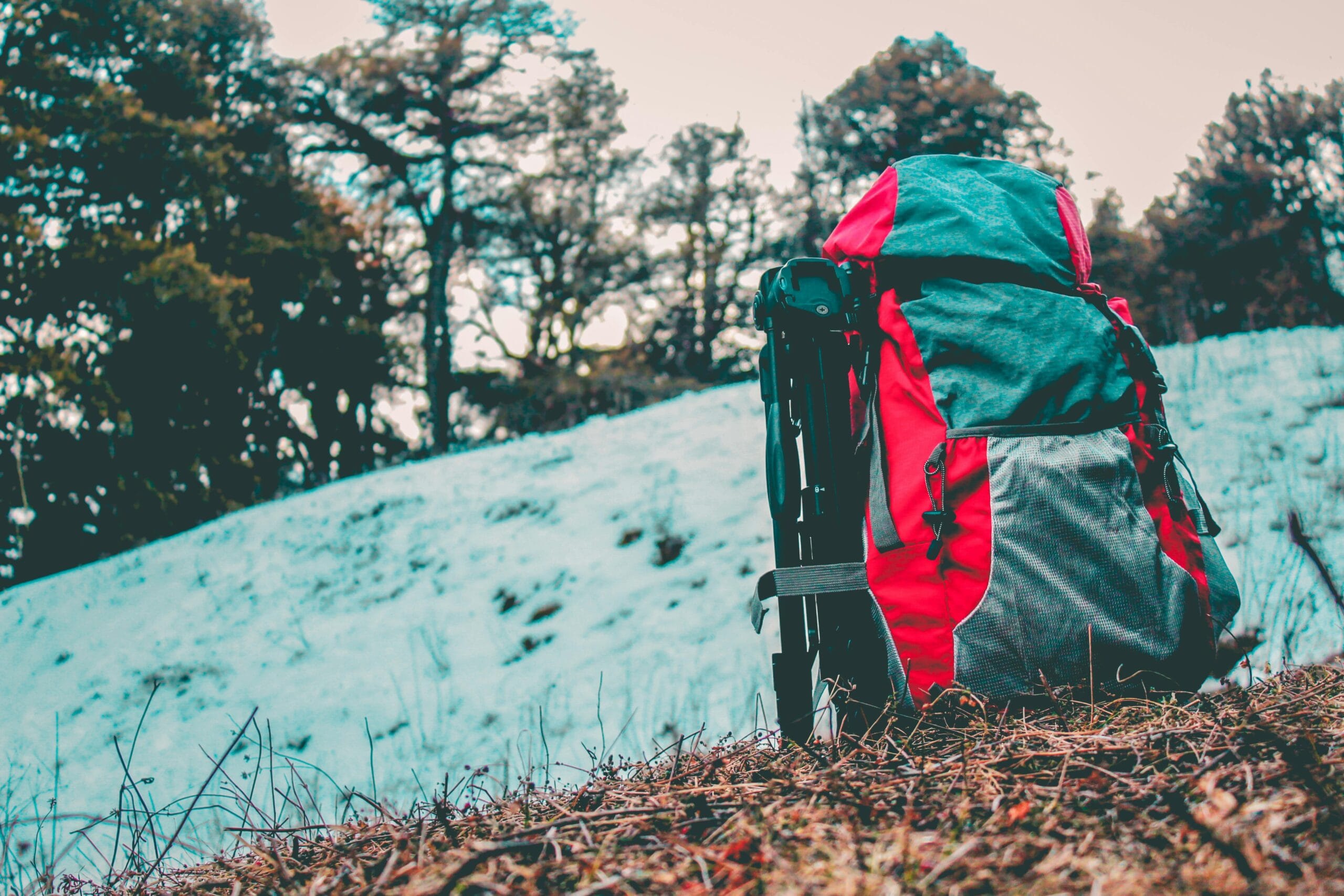In recent years, trekking has grown tremendously in popularity. With easier access, better infrastructure, and advanced gear, the mountains have opened up to more people than ever before. This democratization of the outdoors is undoubtedly a positive development. It allows individuals from diverse backgrounds to experience the magic of the wild. However, amidst this growth, a fundamental question arises: Are we losing the true spirit of trekking?
The Evolution of Trekking Culture
Traditionally, trekking was an experience rooted in simplicity, self-reliance, and a deep connection with nature. It wasn’t just about reaching a destination; it was about the journey, the silence, and the lessons learned from the mountains. It involved adapting to the unpredictability of nature, letting go of control, and embracing discomfort.
Today, while the number of trekkers has grown, the essence of trekking is slowly shifting. The focus is increasingly turning toward comfort, convenience, and curated experiences that often mimic city life rather than escape it.
The Rise of Entitlement and Expectations
One of the most noticeable shifts is the growing sense of entitlement among some trekkers. There is an increasing trend of arriving on treks with the mindset that everything will be handled by the trek operators — from carrying bags to adjusting itineraries and providing facilities beyond what the wilderness can offer.
Self-sufficiency, once a pillar of trekking ethos, is now taking a backseat. People often arrive unprepared, expecting the mountains to adapt to them instead of the other way around.
Comfort Over Connection
The demand for comfort has also led to a dilution of the trekking experience. From portable speakers blaring music on trails to elaborate campsite setups with tables, chairs, and sometimes even heating equipment, the wild is slowly being domesticated.
Trekkers who once found joy in sitting on the ground with a steel plate in hand now complain about not having “proper dining arrangements.” The presence of mobile connectivity is demanded in areas where even birds fly low due to isolation.
Strain on Trek Leaders and Ecosystems
This changing culture is not only affecting the personal trekking experience but also placing a significant burden on trek leaders and support teams. More time is spent managing expectations, handling complaints, and ensuring comfort than focusing on safety, group bonding, or storytelling — all of which are core components of a meaningful trek.
Worse still, this cultural shift is having a tangible impact on the environment. Increased footfall without awareness leads to littered trails, disrespect for wildlife, and a disregard for the fragile ecosystems that define the high-altitude terrain.
The Disconnect
When trekking becomes about what we can get rather than what we can experience, a disconnection occurs. From nature, from fellow trekkers, and even from ourselves. Loud music drowns out birdsong. Rushed itineraries leave no room for stillness. Expectations replace curiosity.
The forest trail from Sandakphu to Gurdum, once known for its peaceful silence, is now often disturbed by noise and haste. Solo trekkers quicken their pace to escape the disturbance. Others wait behind for silence that never returns. In such moments, the mountains feel different—not because they have changed, but because we have.
Reclaiming the True Spirit of Trekking
So, what can we do to preserve what makes trekking truly special?
- Prepare Yourself: Physically, mentally, and emotionally. Understand that a trek involves challenge and discomfort. That’s the point.
- Travel Light: Carry your own backpack when possible. The act of carrying your own load fosters humility and responsibility.
- Disconnect to Connect: Keep devices away unless necessary. Let the silence speak. Watch the sunrise without filters.
- Respect Your Team: Trust your trek leaders and support staff. They are there for your safety, not your service.
- Leave No Trace: The mountain gave you its trail. Leave it as you found it—or better.
- Be Part of a Team: Trekking is not a solo show. Share stories. Walk together. Wait for the slowest member.
Final Thoughts
Trekking has the power to transform us. But only if we approach it with humility, intention, and awareness. Let’s not turn this powerful experience into another weekend escape driven by comfort and entitlement.
Let us return to the roots. Let us walk slower, breathe deeper, and listen more. Let us let the mountains change us, not the other way around.
Join The Trekker’s Trail in exploring treks that stay true to this spirit.




